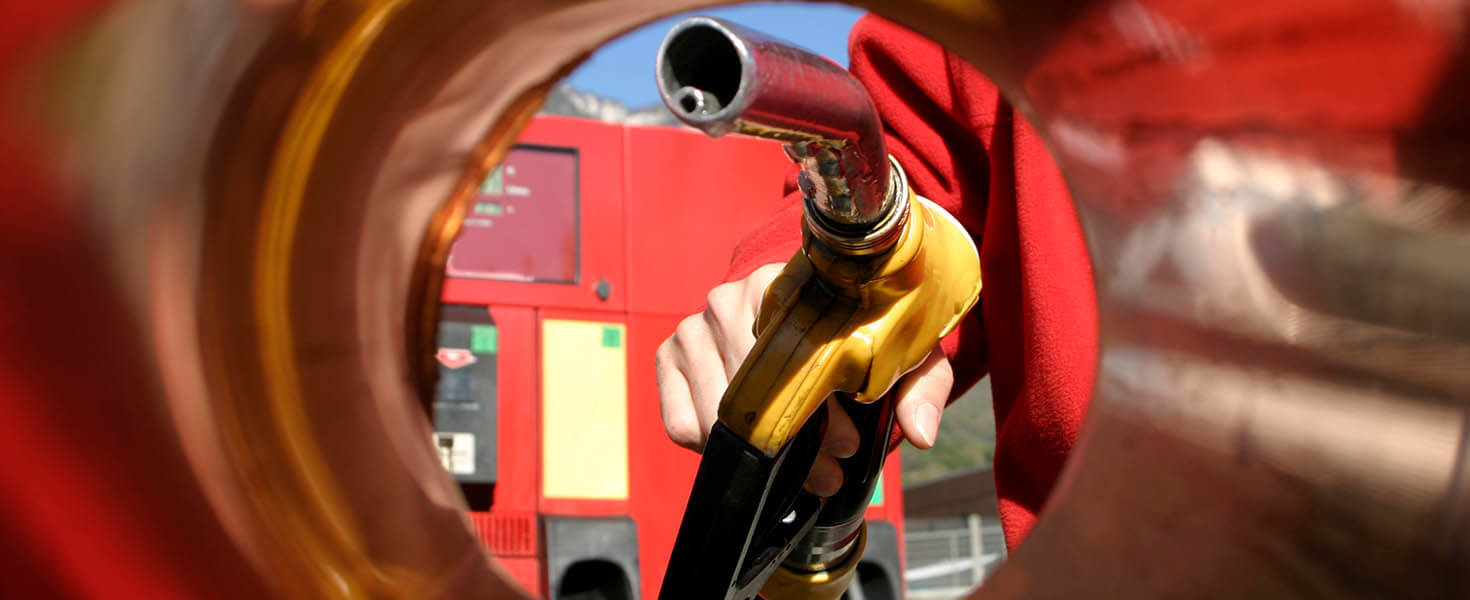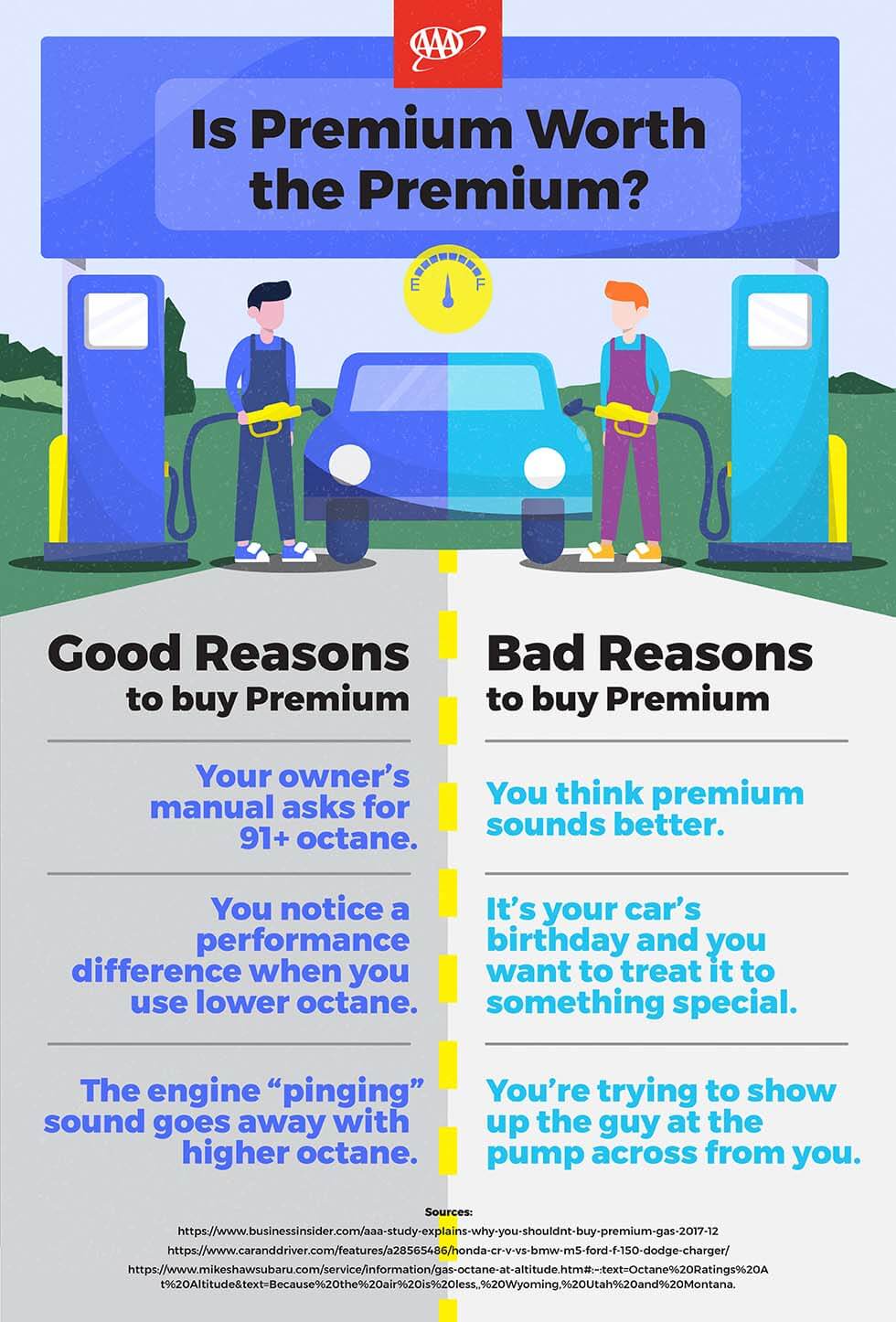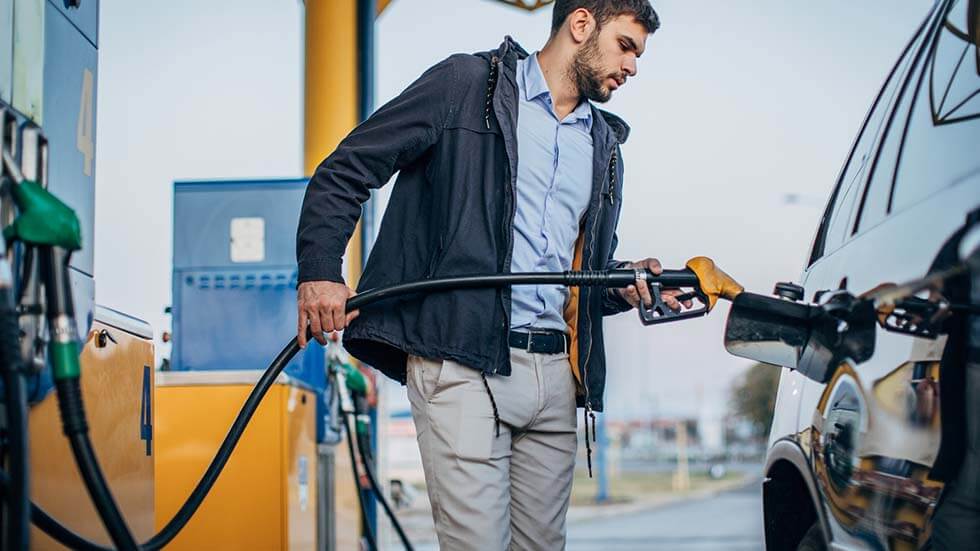Do You Know the Difference Between Premium and Regular Fuel?
The difference between them and their impact on your vehicle

If your car doesn’t specifically call for premium gas, don’t waste your money. Despite advertising to the contrary, that extra 15 to 30 cents a gallon won't get you any better performance or mileage nor will it make your car run any cleaner.
Premium performance
Cars that need premium have high compression engines and tend to be pricier. So, if you don’t mind paying a “premium” for a little extra horsepower and maybe mpg, go for it. But what if you don’t have one of those fancy-schmancy cars and your owner’s manual says to use premium? In most cases, regular still won’t hurt (or void the warranty). You’ll just be missing out on some additional power. Plus, most modern cars (anything after 1996 that is) have something called a knock-sensor, which, under most circumstances, removes the need for premium gas. However, if after using regular you hear what sounds like knocking or pinging, pull up on the pedal a bit—it could mean you’re putting too heavy of a load on your engine. If that still doesn’t help, stick with premium. And keep in mind, if you’re leasing, it’s probably best to go with the car’s suggested fuel grade.

Age, weight, and heightened performance
Cars with turbochargers (high-performance engines) or that are older and heavier might need premium in order to prevent knocking.

Feel the burn
Premium works best when it provides the right fuel to the right engine. In that idealized state, it allows you to optimize your car’s power and arrive at its advertised performance. Most, though, probably wouldn’t notice the change in power when switching from one fuel to another.
Octane by the numbers
The octane rating of premium and regular gasoline varies from state to state. One state may require a minimum rating of 92 to be considered premium, while another may only require 90. Most gas stations offer three octane grades: regular (usually 87 octane), mid-grade (usually 89 octane), and premium (usually 91 or 93). Check the mandatory yellow stickers on each gasoline pump to see which one you’re using.
Consider "top tier" for a clean machine
Like a human artery, cars can get plaque buildup via the fuel running through their “veins”—almost always as a result of gasoline deposits from low quality fuel. "Top Tier" isn’t a marketing slogan but an actual EPA approved designation for gasoline that meets a minimum standard for engine cleanliness and performance. It contains a higher percentage of detergent additive and requires that all fuel grades marketed by a gasoline brand meet that standard (not just the premium, for example).
This content was created in partnership with TrueCar.
